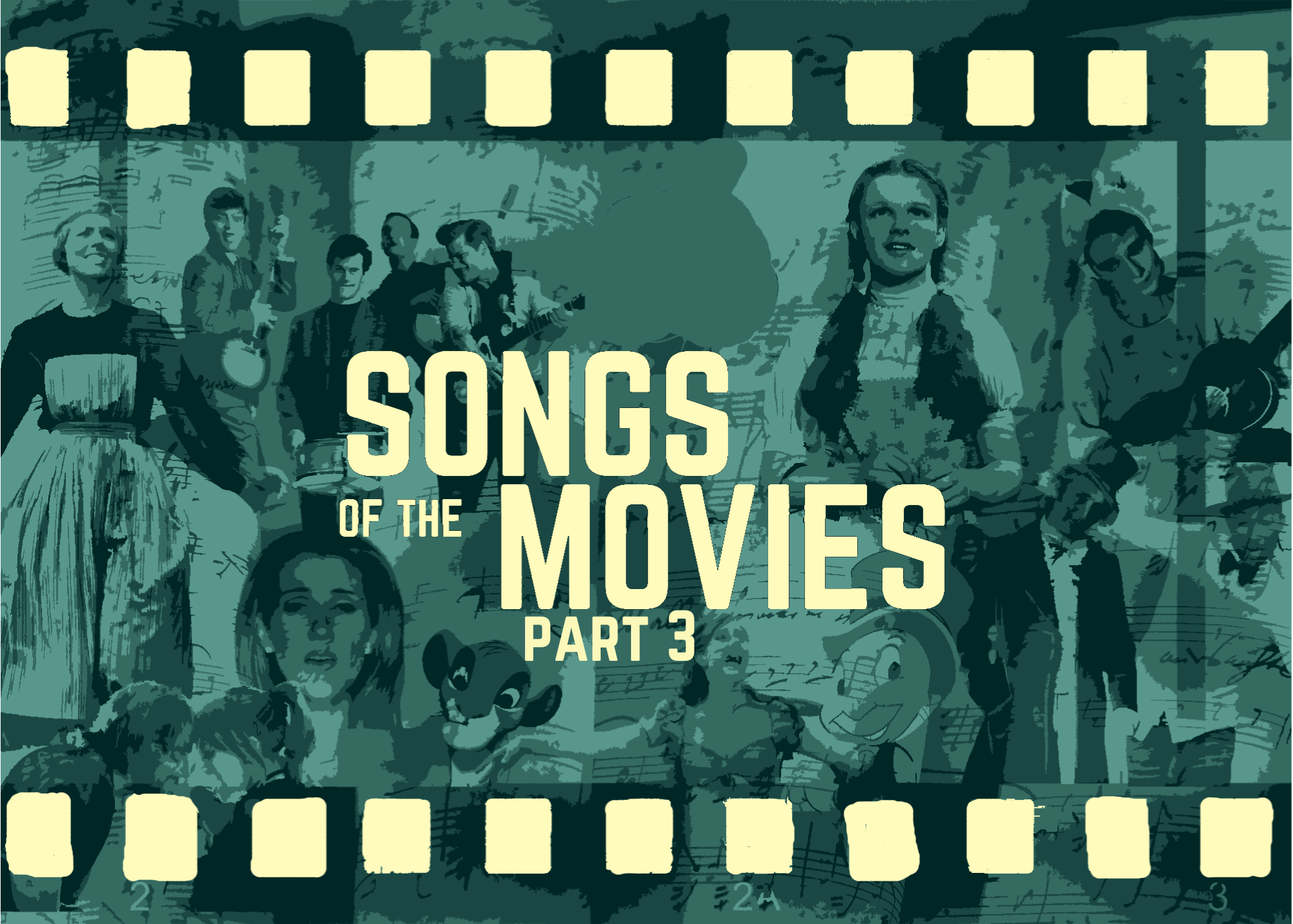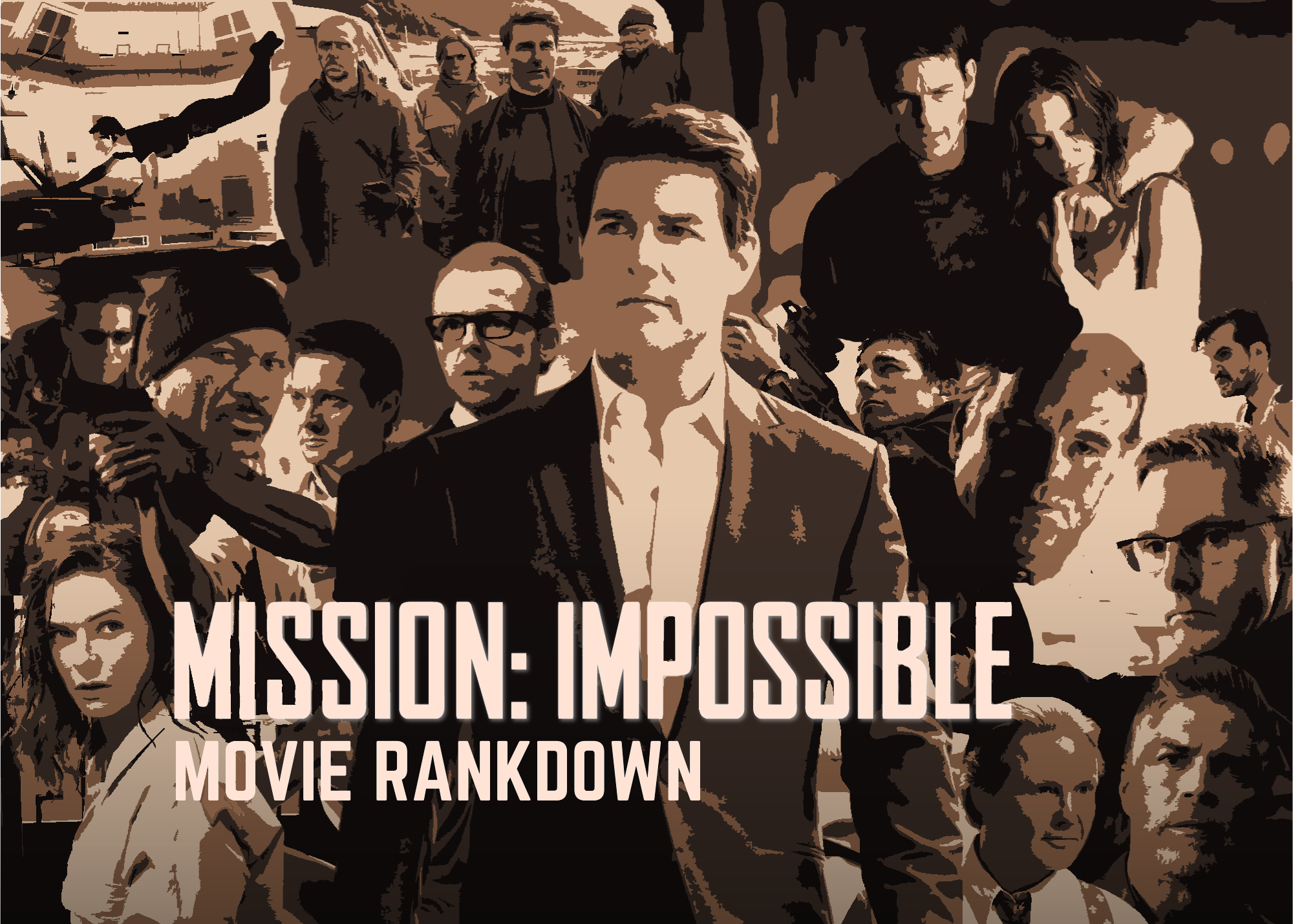"Harry Potter and the Prisoner of Azkaban" 20th Anniversary Retrospective
"Azkaban" remains the best Potter film - and a gold standard for fantasy filmmaking.
RetrospectiveTurning 18 is supposed to mean something. Legally, it does. You can vote, drink (in most countries), and in the blink of an eye, it’s completely fine to sleep with anyone, even though 18 and 26 minutes is not at all different from 17 and 364 days.
You go to college, live on your own (well, in a tiny room with someone probably getting laid far more often than you), make your own mistakes instead of suffering the consequences of the ones your parents make, and are responsible for virtually everything in your life. It’s a monumental undertaking, the next leap in life. Even though we all know it’scoming, navigating it is never easy. It requires self-awareness, determination, fortitude, patience, and skill.
See, talent is different than skill; that truth is what separates the last man on the bench from the best player in the game. Genetics and economic opportunity also matter, but the distinction between the ability to do something and the ability to master it can make the difference between ruin and glory.
Thus, Harry Potter and the Prisoner of Azkaban had quite the task 20 years ago. The first two movies (though criticized for their strict adherence to J.K. Rowling’s vision) drew positive reviews and finished as the 2nd and 5th highest-grossing movies ever, respectively. Beloved by fans and fronted by the preeminent talent of the day, they were the cinematic realization of an unprecedented cultural juggernaut. Following that up with the third film, where the characters mature, the novels’ overarching narrative begins to take shape, and the tone no longer allows for unabashed whimsy, was going to be difficult.
It makes it all the more impressive that not only did Prisoner of Azkaban succeed remarkably, but it is inarguably the series' best film and one of the best of the 21st century.
We begin at Privet Drive, just as in the first two films, as a now-adolescent Harry pleads with his sniveling Uncle Vernon to sign a permission slip to let him go with his classmates to the village of Hogsmeade. When he is unable to control his anger at his Aunt Marge’s disparaging his deceased parents, he accidentally makes her balloon to a comically large size and float away, forcing him to flee into the night, his path lit only by the overhanging street lights, the sound of the wind layering his journey with an eerie sense of dread.
In just a few moments, Alfonso Cuarón, the future two-time Oscar winner replacing Christopher Columbus, has made it abundantly clear that he possesses the talent and the skill to take the world’s most beloved film franchise to new heights.
Every moment of the subsequent 120 minutes is a flawless display of how high Potter could soar in the right hands, whether that’s literally flying high on the back of a hippogriff or going underground to ascend the Shrieking Shack in pursuit of a wounded friend and, eventually, the truth.
But what are the specific mechanisms behind this roaring success? A willingness to not care what a single fan will think and trust in your vision. Anyone who knows anything knows that fans are idiots. It doesn't matter what they are fans of: sports team, book series, or film franchise, they’re the most reactive people on the Earth, utterly incapable of seeing the bigger picture, differentiating preference from necessity, or comprehending that what works in one way from what works in another.
It doesn’t matter that Buckbeak is hard to ride in the book and easy to mount in the movie. Peter Pettigrew’s betrayal of the Potters needs a quick explanation on the big screen, not a prosy portrayal. What truly matters is how much Cuarón capitalizes on how film can bring the story to life. We don’t need a novel's ceaseless exposition if Gary Oldman can evoke unmitigated rage and profound adoration in a single scene. We don’t need vivid descriptions of setting or extensive elaboration on mood because Michael Seresin’s cinematography lends Hogwarts a new dark edge and sense of looming dread.
We don’t need a detailed explanation of the Marauders (Moony, Wormtail, Padfoot, and Prongs) Map, who they are, and how they came to be and created magical LoJack. Lupin is a werewolf, Pettigrew is a rat, Sirius is a dog, and Harry’spatronus is a stag. If one cannot figure these things out with the information given, it’s a reflection of them.
The Prisoner of Azkaban does what we so often demand movies do: trust their audience and show instead of tell. Let uscome to the movie; don’t force anything on us. Cuarón tightens a narrative left belabored in the first two movies while carrying on the magical legacy of the first two movies. It feels like Potter in all the ways that count and completely reinvents the wheel in all the ways it needed a reboot. The first two films, while incredible achievements, deliver scenes that could easily get trimmed. The Prisoner of Azkaban gives us its narrative climax in the Shrieking Shack in what feels like the blink of an eye, but that scene displays two critical things: trust in the moviemaking process and refusal to compromise that trust.
The book version is as follows:
Harry’s parents, Lily and James, hid during the First Wizarding War because Voldemort surmised that the prophecy revealed in Order of the Phoenix referred to Harry. Dumbledore suggested the Fidelius Charm, a powerful spell that conceals places or secrets. For the spell to be effective, the Potters had to entrust their location to the "Secret Keeper." Although Sirius was their most trusted friend, he suggested using Peter Pettigrew as a diversion. Ever the coward, Pettigrew betrayed them to Voldemort, who went to Godric’s Hollow and murdered Harry's parents before turning his wand on Harry, and the rest is history.
The first two movies would’ve explained that in depth with no stone left unturned. Cuarón’s approach is better: only give what is necessary. All the audience needs to know is that Pettigrew was friends with Lupin, Sirius, and James and that they trusted him not to betray the Potters, which he did. A scene that could easily have stretched beyond reason takes only five minutes.
So, yes, the acting is better. The friendships have graduated from relationships by design to legitimate bonds rooted as much in the commonality of adolescence as the differences that make Harry, Ron, and Hermione each so vital to one another and the story. Hermione’s cleverness surmises Dumbledore’s final mission just as Harry’s bravery repels the dementors. Ron again gets relegated to slap-happy sidekick, but he’s matured enough that his antics are necessarily humorous instead of grating, a needed development considering the supposed threat facing Harry is more immediate than ever before, and facing it and the subsequent revelations requires a stronger friendship than stealing a flying car or playing wizard’s chess.
Yes, the music is still as charmingly magical as ever, but it's done away with the infantilism of the first two movies to hit harder at darker ideas. The leitmotifs give way to a musical leap that finds us in darker territory, albeit with a lightness that keeps things from going too grim (pun intended).
Yes, the screenplay is a masterclass of genre-blending, never isolating its humor to grab a cheap laugh before giving us whiplash when it jerks itself back into dramatic position. It’s tight and compact, weaving every emotion, idea, and development into single scenes, from the Jamaican shrunken head in the Night Bus as the horror of Sirius Black gets introduced to Professor Trelawney's divination histrionics proving as amusing as critical for the narrative.
One could talk for eternity about how Prisoner of Azkaban is an objectively fantastic film, but the chief cause of its greatness is more general and not nearly as quantifiable. It’s the fact that it differentiated itself from the first two films, whose style was so vivid, distinct, and beloved. It was looking a multi-billion-dollar literary and cinematic superpower squarely in the eyes and saying, “Thanks, but I’ve got something different in mind.” It was to push the needle while retaining the spectacle, deepen the narrative without brooding, raise the stakes without plunging into melodrama, and make us believe Harry Potter could deliver more than great kids' movies.
The fact it accomplished all these things is incredible, but to do so with such skill that the end product is perhaps the best fantasy film ever, and (despite the seeming limitations of its source material’s target demographic) it’s a serious film with equally serious merit and implications for the franchise? Remarkable.
Yes, this is all high praise for a Potter flick, and scores of “cinephiles” would hear comparisons to Peter Jackson’s vaunted franchise and snicker at the idea it could be matched. But to those who love movies simply because they do and not because they falsely believe doing so says something about them above everyone else, The Prisoner of Azkaban is an all-time great movie and the best 18th birthday a franchise has ever had.

98
Director - Alfonso Cuarón
Studio - Warner Bros.
Runtime - 142 minutes
Release Date - June 4, 2004
Cast:
Daniel Radcliffe - Harry Potter
Rupert Grint - Ron Weasley
Emma Watson - Hermione Granger
Gary Oldman - Sirius Black
David Thewlis - Professor Remus Lupin
Michael Gambon - Headmaster Albus Dumbledore
Robbie Coltrane - Professor Rubeus Hagrid
Tom Felton - Draco Malfoy
Emma Thompson - Professor Sybill Trelawney
Maggie Smith - Professor Minerva McGonagall
Alan Rickman - Professor Severus Snape
Richard Griffiths - Vernon Dursley
Fiona Shaw - Petunia Dursley
Harry Melling - Dudley Dursley
Timothy Spall - Peter Pettigrew
Julie Walters - Molly Weasley
Mark Williams - Arthur Weasley
Pam Ferris - Aunt Marge
Editor - Steven Weisberg
Screenplay - Steve Kloves
Cinematography - Michael Seresin
Score - John Williams

%20(13%20x%206%20in)%20(13%20x%204%20in).png)




































.png)






.png)